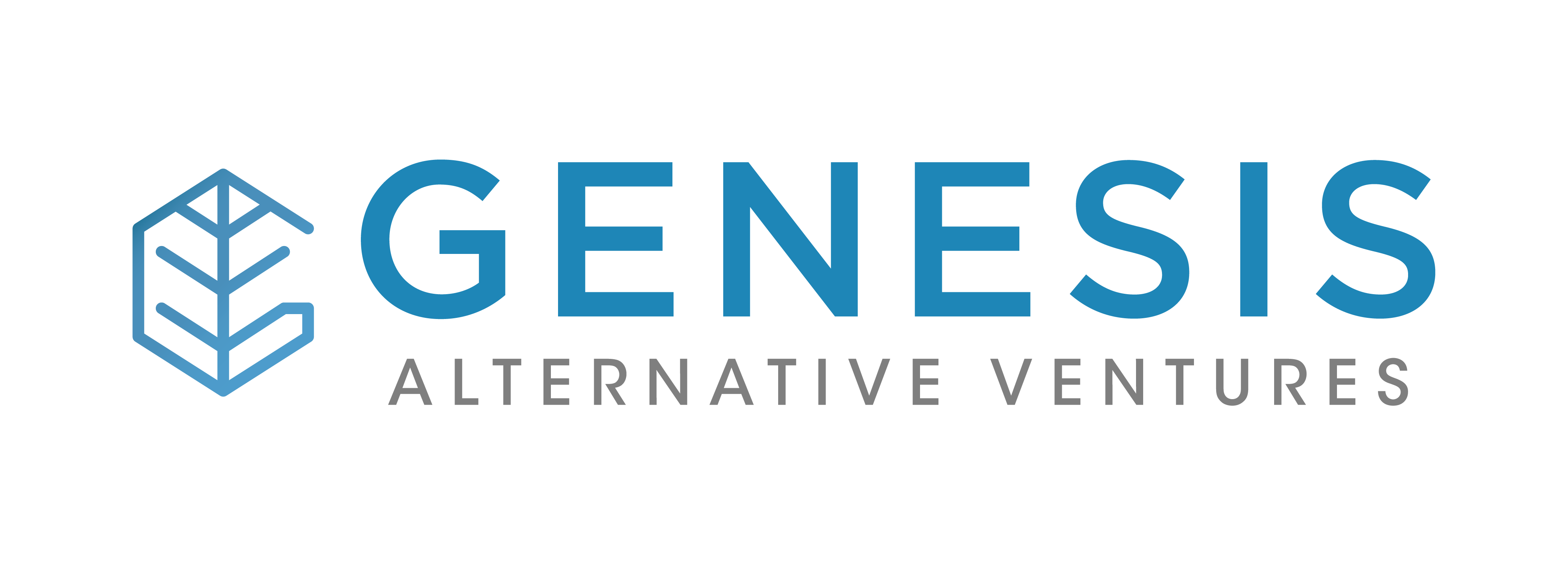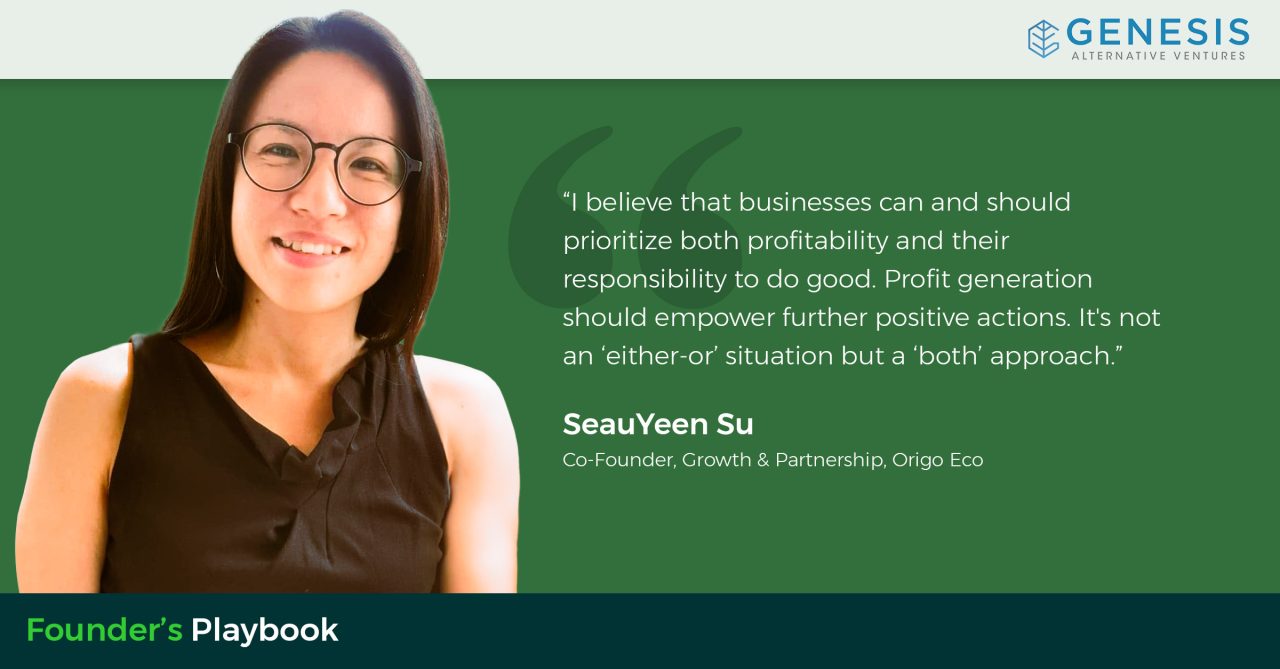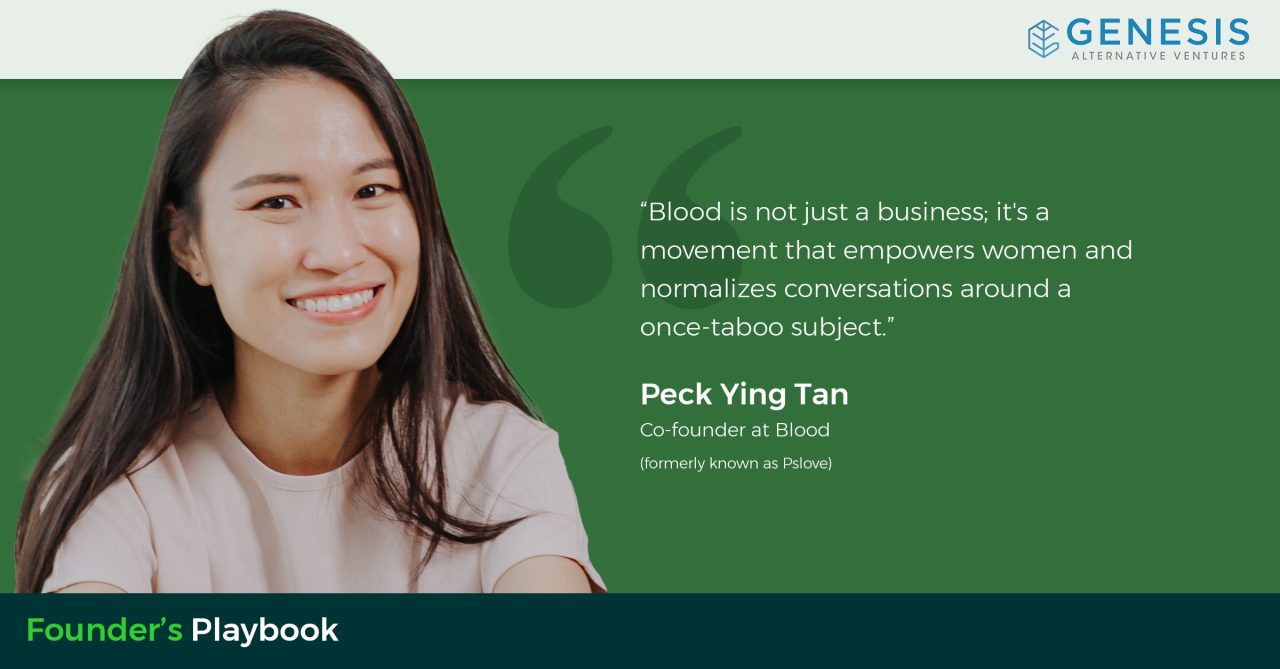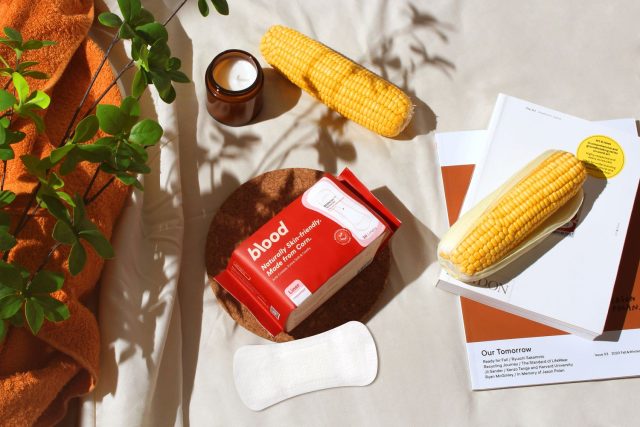Founder’s Playbook: Driving Change and Dollars in Pursuit of Impact
What happens when social impact meets business? Do they clash as diametrically opposing forces or do they find common ground? To serial Founder, SeauYeen Su, they can be symbiotic partners in creating a more equitable and sustainable future for all.
In this installment of Founder’s Playbook, we explore how individuals and businesses are re-shaping the definition of success by harnessing the power of profit to drive positive impact on a wider scale.
For SeauYeen, the turning point in her career coincided with the birth of her first daughter, prompting some soul-searching about her goals. Driven by the desire to make a positive impact, she left her corporate IT job in search of something meaningful to do. Rather than immediately diving into social entrepreneurship, she started a small venture from her own kitchen, baking pastries, cakes, and cookies to supply the growing cafe scene in Kuala Lumpur.
As cafes flourished, SeauYeen recognized an opportunity for growth but also realised the limitations that she as an individual can bring. The question of scalability plagued her so she decided to set up a central kitchen. This was where she found an opportunity to work with single mothers, a group facing unique challenges. As her kitchen was already a kid-friendly space that offered baking classes for children on weekends, it was a ready-made solution for mothers to bring their young kids to work, relieving the stress of finding childcare.
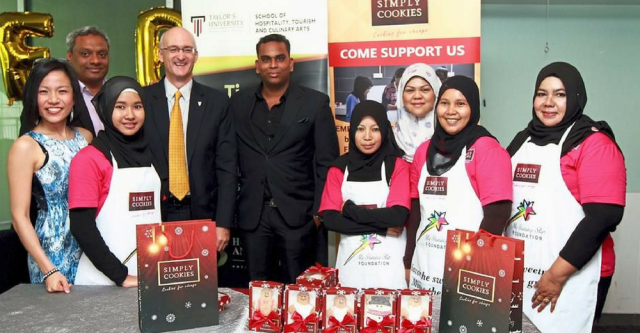
Hence Simply Cookies was born. Enrolled in the Malaysian Global Innovation & Creativity Centre (MaGIC) accelerator programme, the social enterprise sought to break single mothers out of the poverty cycle by providing them with economic opportunities to balance financial independence and motherhood.
Seeking Scalability
As SeauYeen expanded her food venture, she encountered numerous hurdles, the biggest of which was once again, scalability. Her central kitchen was ill-equipped for mass production, and she did not want to go down the artisanal route and dilute the social impact of her venture.
She widened her target audience from single mothers to rural poor, especially the farmers in the Klang Valley. Working with these farmer communities, she also learned about the supply chain and how farmers lose out on the profit stack. What if one can remove middlemen from this chain – and this is how SeauYeen conceived of a platform, Fydu, to connect farmers with food service buyers, shortening the journey from farm to table. In a unique twist, pricing was set by the farmers instead of the buyers or distributors. This helped farmers get a fair price for their produce. Additionally, Fydu spotlighted the farmers’ social media, thereby instilling a sense of pride in their work and helping consumers trace the origin of their food.
However, just as Fydu was gaining traction, the COVID-19 pandemic struck, forcing SeauYeen to make the painful decision to close down her business. The financial toll and emotional distress pushed her into depression.
—
SeauYeen’s journey in her own words
The pandemic was a challenging period for me, as I found myself in financial distress, having invested all my savings into Fydu. Nevertheless, I have since made significant progress in recovering from this setback, and hope that these learnings can be shared with other entrepreneurs:
Be Part of a Support Squad. I was very blessed to have a supportive group of friends who helped me find my footing again. They helped me see that the closure of Fydu was partly, but not entirely my fault; they affirmed my strengths in growing startups and my passion for purpose-driven ventures. They also did not withhold honest feedback. It is through them and my religious faith that I was able to pick myself up and continue my entrepreneurship journey. Address the Biggest Issue First. My next journey led me to Origo Eco, which recycles agricultural waste like rice husks into compostable products. While we started with F&B products like straws and cutlery, we recognized strong demand from the logistics industry for eco-friendly solutions to reduce their carbon footprint. This led us to temporarily pause our work on F&B products and focus on establishing a circular economy with global logistics companies. Our goal is to ensure that logistics pallets can return to the earth after use, addressing the issue of deforestation, where 170 million trees are cut down each year to support the pallet industry.
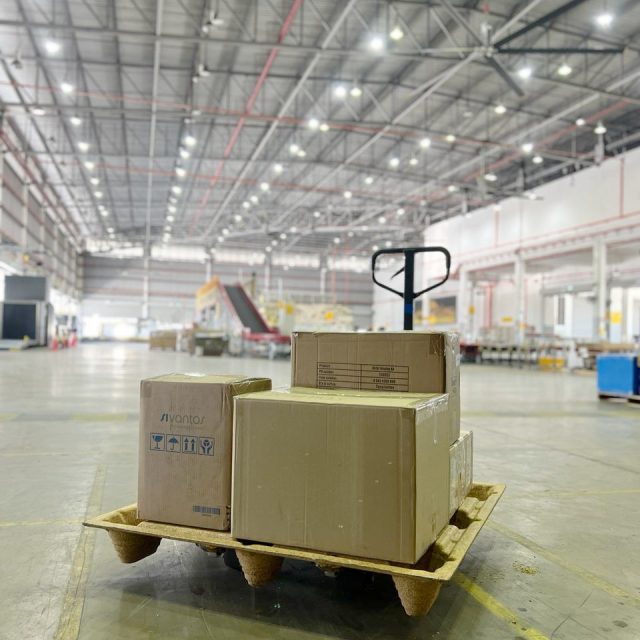
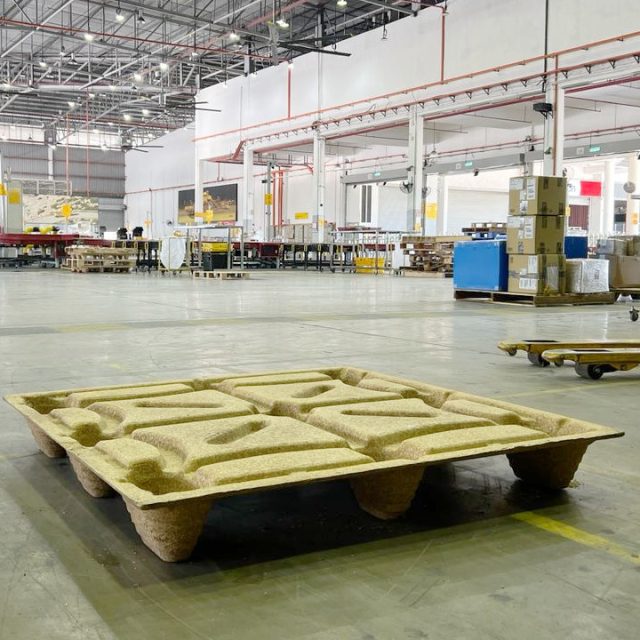
Profit and Impact are Partners. A common misconception suggests that doing good hinders profitability. I believe that businesses can and should prioritize both profitability and their responsibility to do good. Profit generation should empower further positive actions. It’s not an “either-or” situation but a “both” approach. Impact goes beyond charity, encompassing a broader commitment to sustainable and positive change.
Be Kinder To Ourselves and To Each Other. As founders, we often hold ourselves to high standards, especially in the face of failure. It’s the support of my team that got me through tough times. So, extend a helping hand and offer a listening ear, celebrate small victories, and foster trust by being the first to give. For founders and entrepreneurs, the journey is just as meaningful as the destination.
Learn the Art of Juggling Between Work and Family. Running a startup and raising a family are both all-consuming endeavors individually, and when combined, they can become a double-edged sword. On one hand, having a family serves as a powerful motivator, pushing you to strive for success as you have loved ones to support. However, the additional responsibilities can often feel overwhelming, leaving you with limited time to fulfill your daily tasks and perpetually engaged in a juggling act between family and work obligations.
It’s important to recognize that there will be moments when your primary focus must be on work, while there will be other times when family commitments take precedence. Striking the right balance is an art in itself.
Having a supportive partner who shares your vision and goals is not only essential but also something not to be taken for granted. I make it a point to set aside early Saturday mornings as dedicated, non-negotiable time to spend with my husband, cherishing the connection and shared commitment that makes it all possible.
